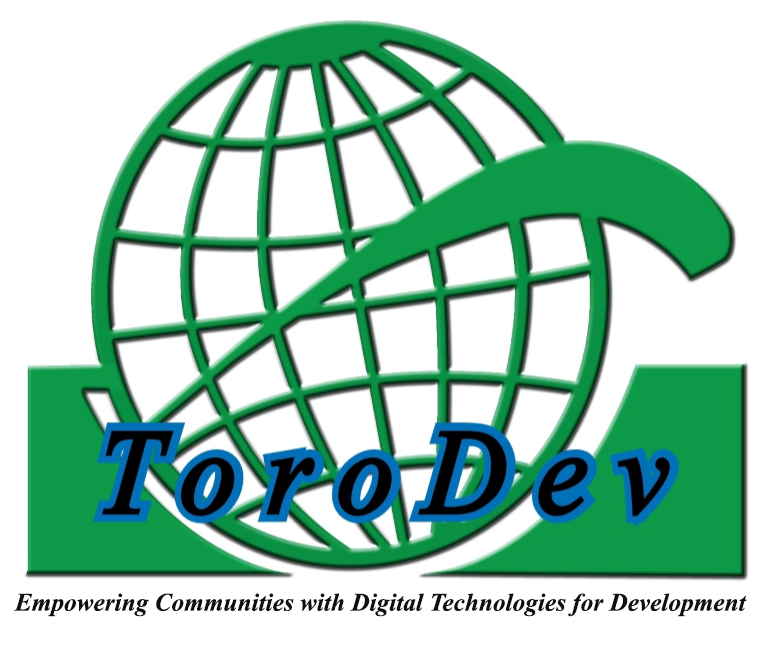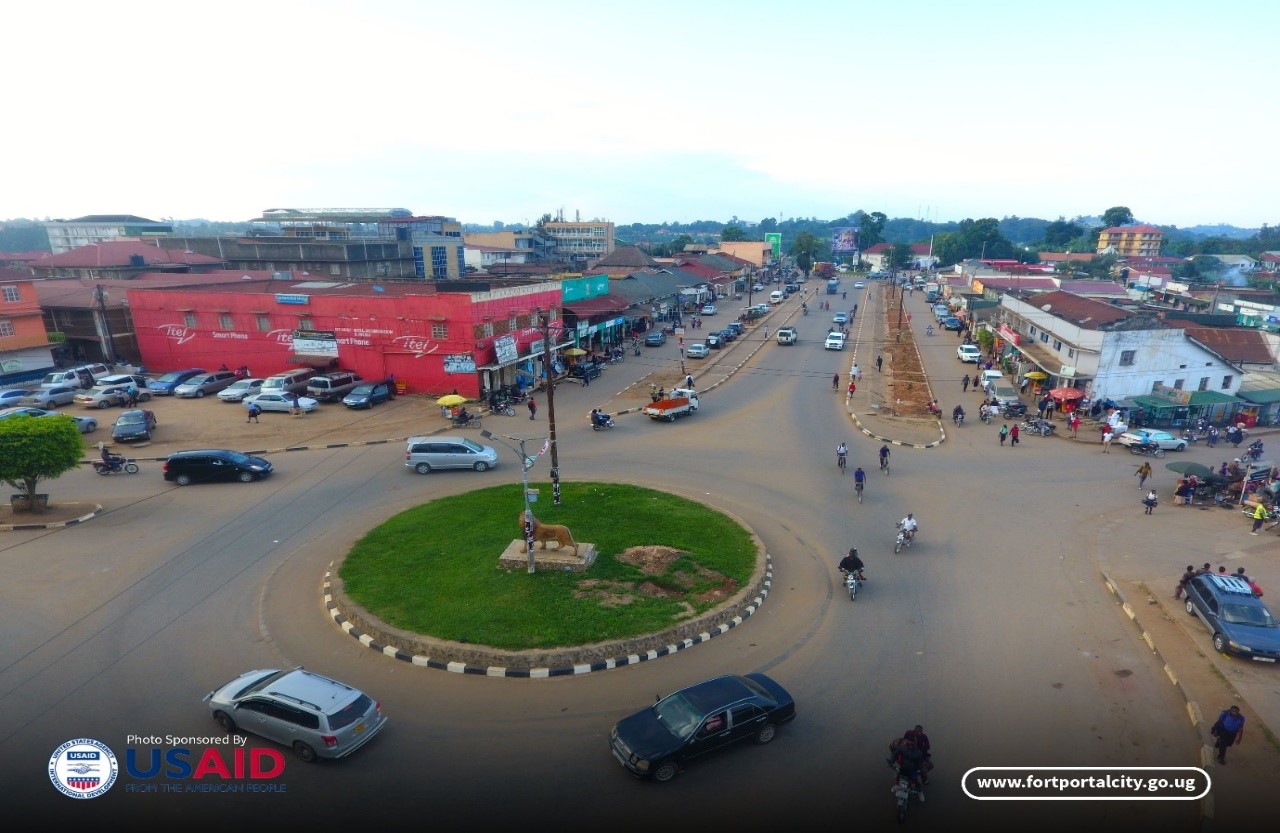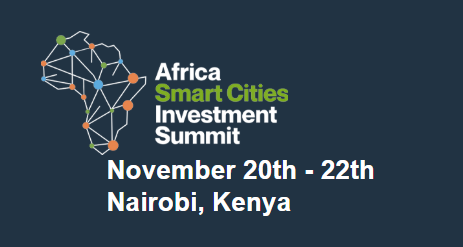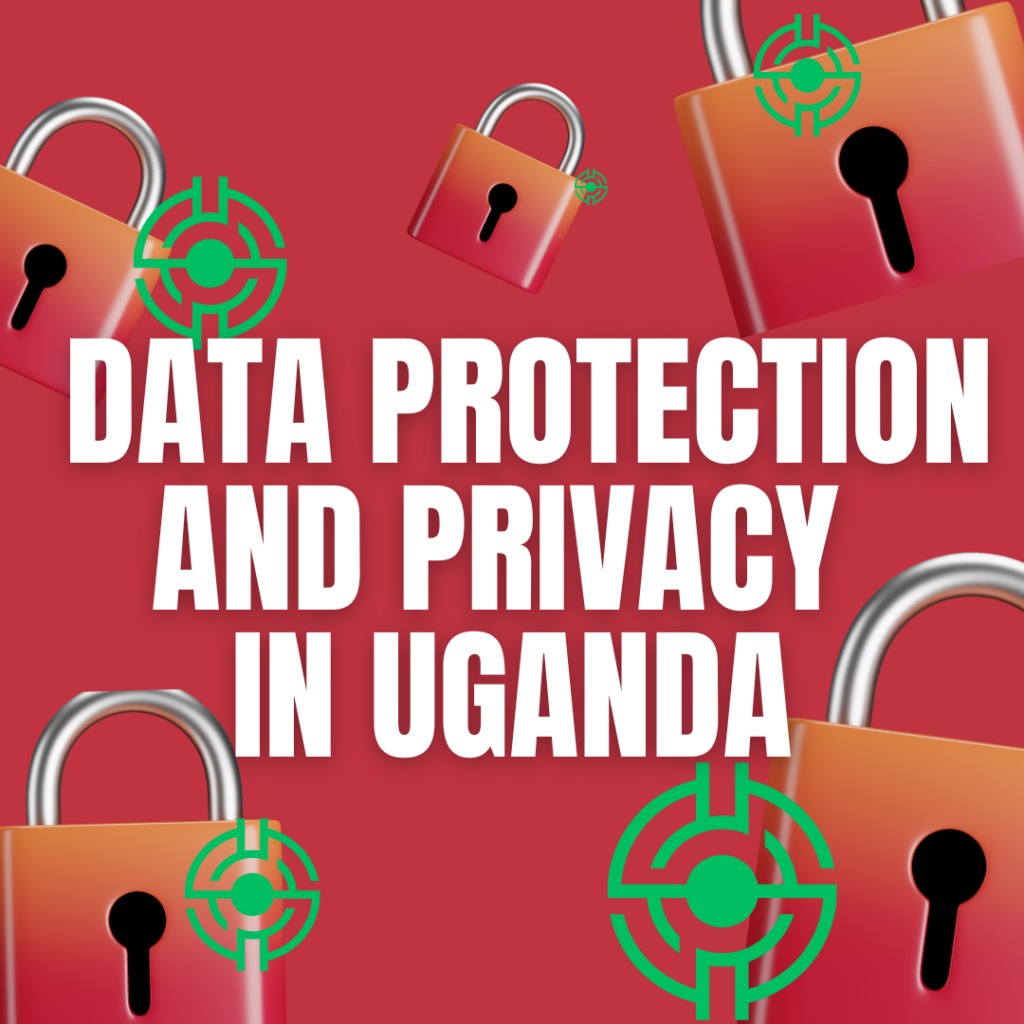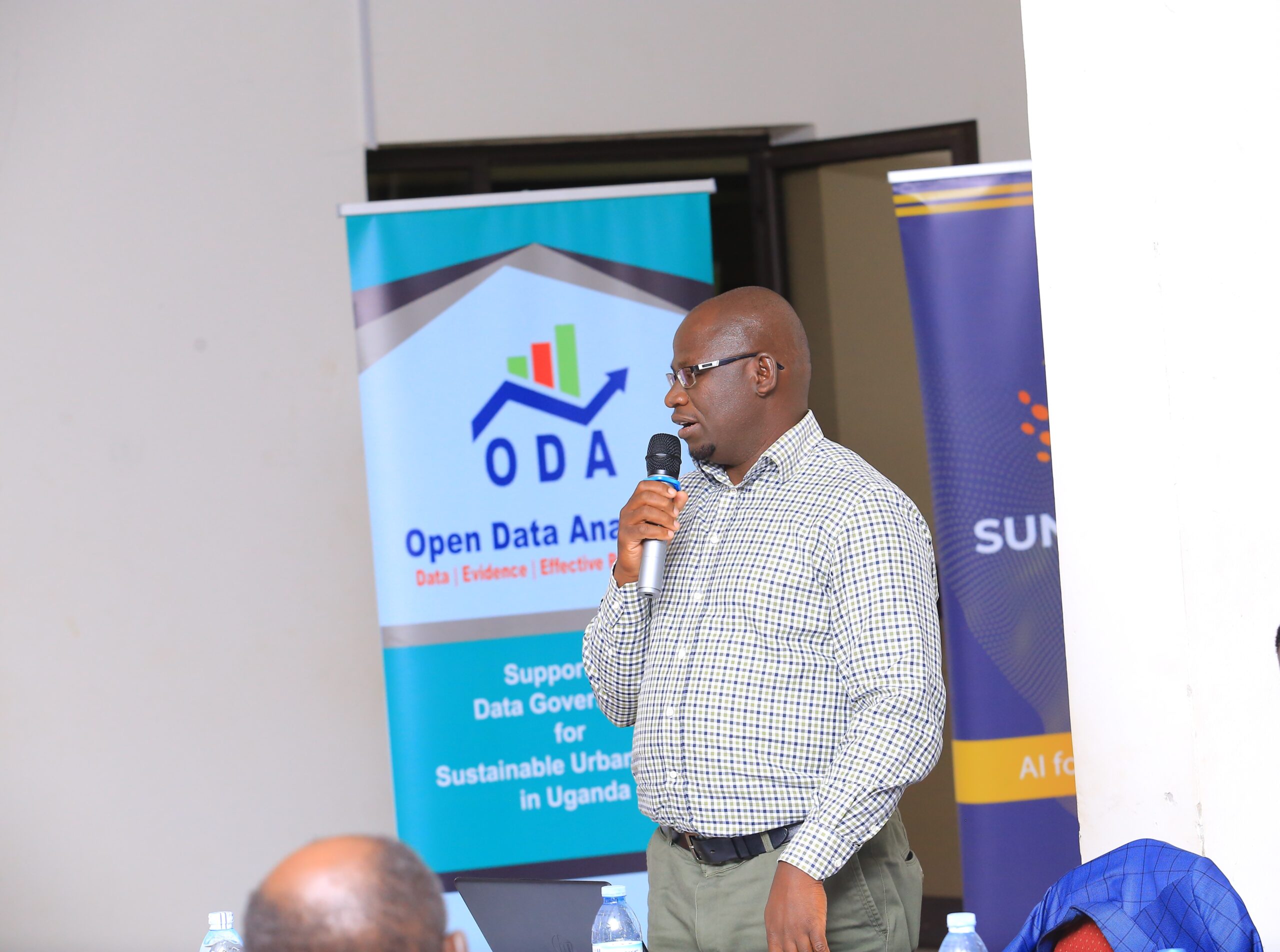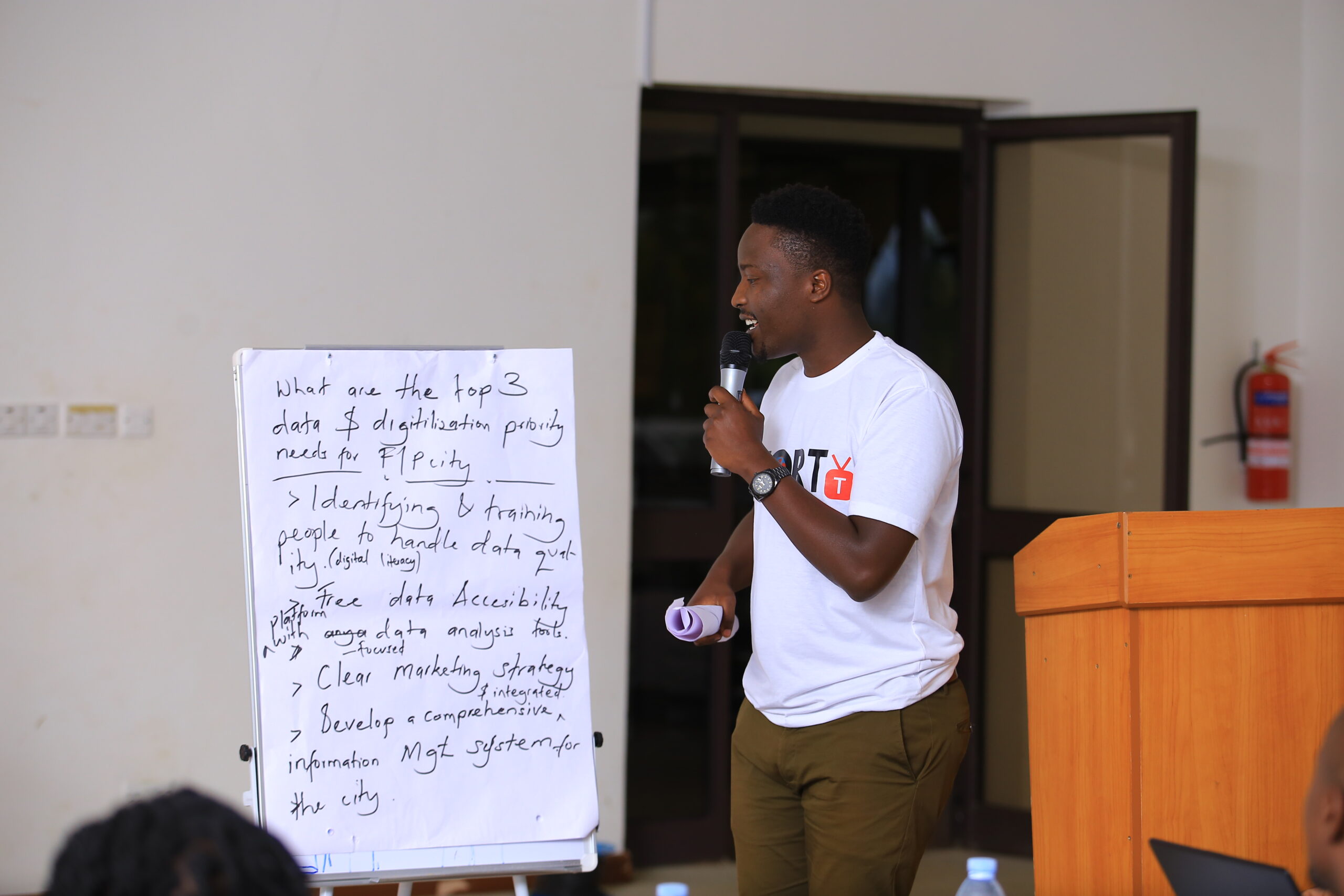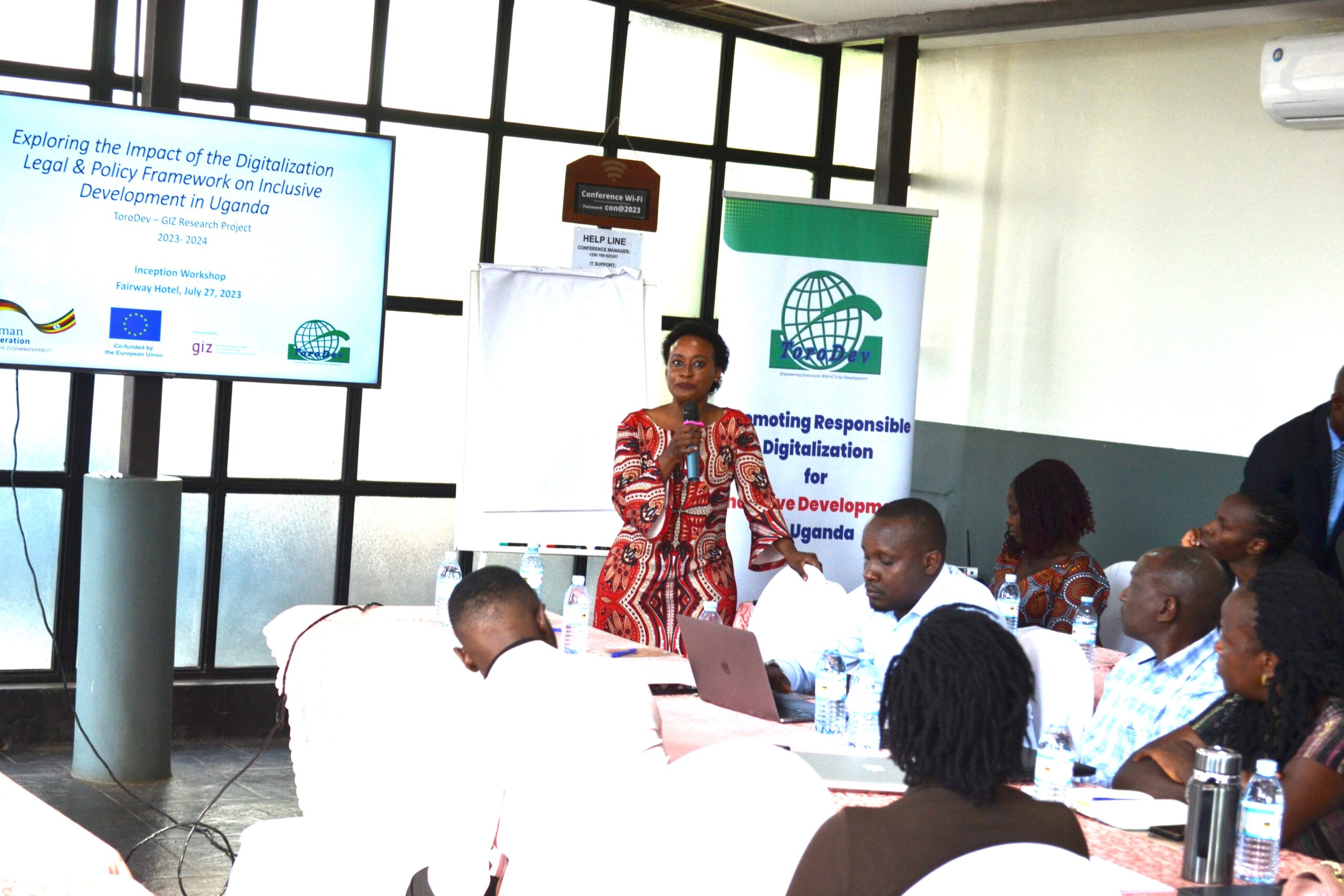Uganda’s move towards modelling smart cities, through initiatives such as DataCities, signals an ambitious vision for sustainable, tech-enabled urban development. However, realising this vision demands a well-considered approach to data governance and management, areas where gaps currently pose significant challenges. With the recent establishment of ten new cities, Uganda stands at a critical juncture that offers the opportunity to embed intelligent data practices at the heart of urban growth, laying a resilient and responsive foundation for future sustainable urban development that guarantees inclusive cities.
Why Data Generation is Key to Uganda’s Smart City Modelling
Becoming a smart city begins with a solid foundation of data—reliable, accessible, and strategically managed data. Today, data generation in Uganda relies predominantly on manual and sporadic processes, methods that are both laborious and prone to inaccuracies. According to the report of a baseline study on urban data governance in Uganda’s new cities by Johnstone Baguma and Moses Muhumuza Ph. D. in April 2013, 72% of data generation in Uganda’s cities is manual this reliance is neither scalable nor sustainable.

For Uganda to unlock the potential of its cities, an investment in automated data collection tools and a push towards standardized interoperable data management across departments is essential. A centralised data system could help to dismantle existing data silos, making information more accessible while enabling the city-wide analysis necessary for effective resource allocation. An improved data infrastructure would also support more integrated approaches to urban planning, resource management, and policy-making, strengthening the backbone of smart city development.
Key Data Areas for Smart City Development
Smart city initiatives require a rich and diverse set of datasets to fuel essential services and anticipate and meet future growth needs. The two Ugandan cities of Fort Portal and Jinja are currently gathering data in areas that reflect some of the most pressing urban needs:
- Revenue enhancement
- Tourism Development
- Waste management
Data resources in these areas form the basis of not only improved city services but also more informed and empowered communities and a more sustainable urban future.
Data Collection Tools in Uganda’s Cities
While resources and digital technologies vary widely across cities, Ugandan cities currently employ several foundational tools, including:
- Desktop computers and laptops for data entry and processing
- GPS devices to capture location-based data essential for monitoring road safety and environmental conditions
Looking ahead, the addition of more advanced tools—such as drones, IoT sensors, and mobile applications—could substantially enhance data generation processes in the new cities. Such tools would streamline workflows, improve data precision, and broaden the scope of what each city can understand about its unique dynamics.
Spotlight on Emerging Smart Cities: Fort Portal
While each of Uganda’s new cities has distinct goals, two illustrate the varied applications of smart city principles:
Fort Portal: Known for its tourism potential, Fort Portal offers cool temperatures, scenic crater lakes, and proximity to national parks. Here, urban data governance could be instrumental in managing and enhancing tourism resources, improving visitor experiences, and supporting long-term conservation efforts.
Image: Fort Portal Tourism City
Engaging Stakeholders for Smart City Modelling
The successful modelling and development of smart cities requires more than just data; it demands the collaboration of a diverse set of stakeholders, including:
- Government Ministries and Agencies: Ministries such as the Ministry of Local Government, Uganda Bureau of Statistics, and the National Information Technology Authority-Uganda (NITA-U) play a crucial role, providing both the regulatory frameworks and technical support required for effective data governance.
- Civil Society Organisations (CSOs): Organisations like ToroDev and Evidence and Methods Lab and others, advocate for transparency, accountability, and data-driven policies, contributing to the social legitimacy and community trust that smart city initiatives rely on.
- Private Sector Partnerships: Public-private partnerships bring cutting-edge technologies and resources, accelerating data generation efforts and strengthening management capacities across Uganda’s cities.
Paving the Way Forward

Uganda’s journey towards becoming a network of smart cities will succeed only if a comprehensive approach is adopted—one that prioritises efficient data governance and management, commits to digital infrastructural investment, and embraces collaborative digital governance partnerships. By overcoming existing challenges, Uganda’s cities can lay a strong and sustainable foundation for smart city development, enhancing efficient urban management, service delivery, and quality of life.
The future of Uganda’s urban landscape is undoubtedly data-driven. At ToroDev we are committed to utilizing data to come up with the right tools, training, and partnerships. To help cities that have the potential to emerge as efficient, resilient, and forward-thinking urban centres, capable of thriving in an increasingly digital age.
